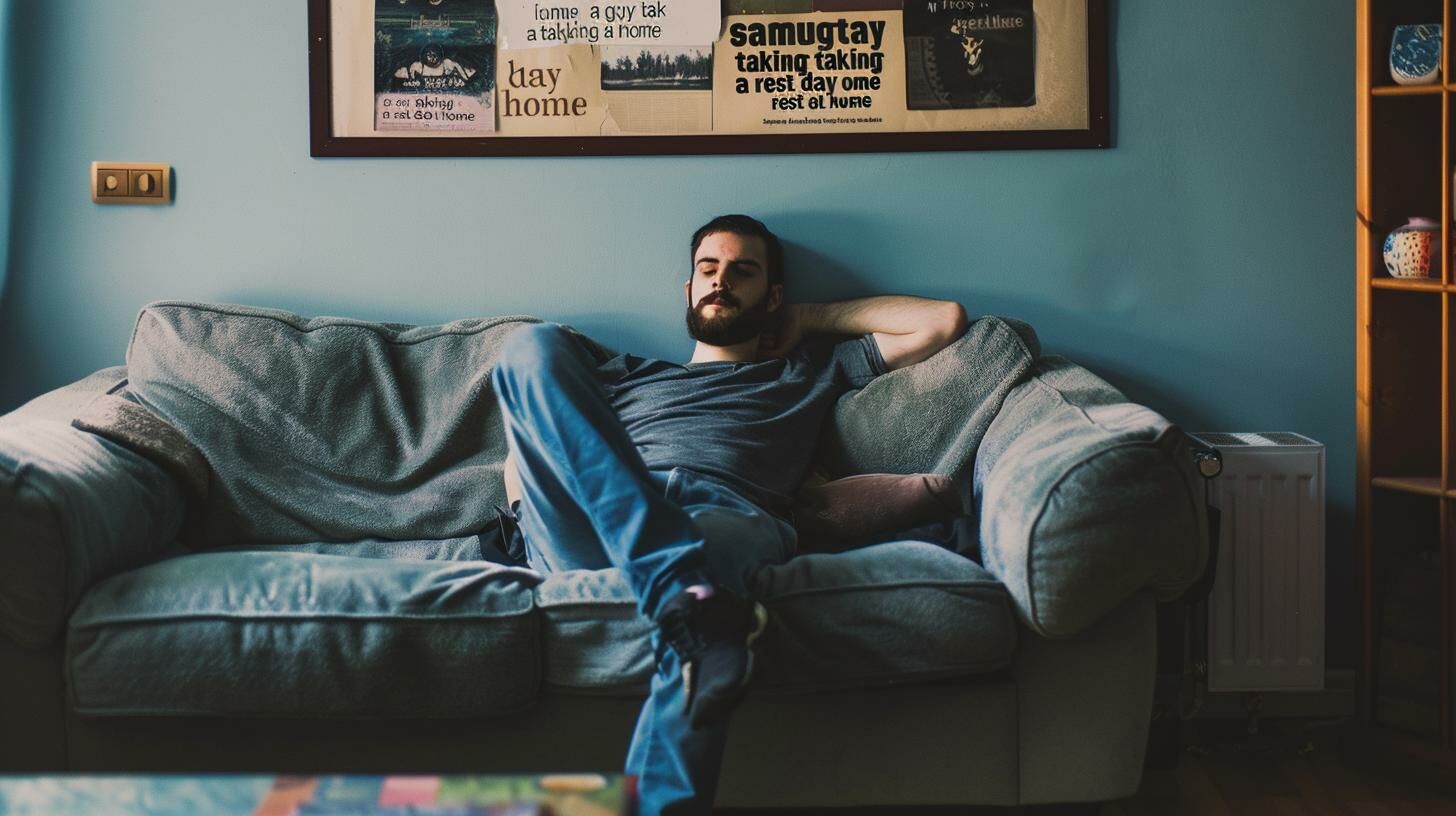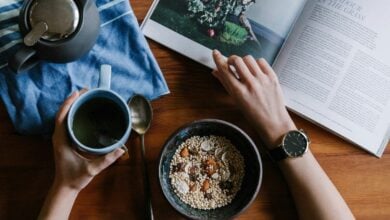How doing nothing for a day is good for you

In today’s fast-paced environment, taking a day off might seem impractical. Yet, such a break is crucial for rejuvenating mental and physical health. Continuous alertness can trigger stress and burnout, manifesting as chronic fatigue, irritability, and reduced productivity. Taking time to relax is not laziness; it’s a preventative strategy against mental and physical exhaustion. A complete day off involves more than just extra sleep or leisure—it provides essential downtime for the brain and body to reset and rejuvenate. This practice holds transformative potential for sustaining long-term productivity and well-being.
The rising appreciation of doing nothing

Cultural shift towards constant activity
The rise of technology and the gig economy has blurred the lines between work and leisure, forcing people to stay active around the clock. This has led to a struggle to justify a day spent doing nothing, despite the potential mental and emotional benefits. Understanding these drivers can help appreciate the value of scheduled downtime and its positive impacts on overall well-being. The fast-paced life in cities is particularly accelerated, making it difficult to justify a day spent doing nothing.
Why we struggle to be idle
In today’s productivity-focused culture, the concept of embracing idleness often faces resistance due to the stigma surrounding busyness and the widespread fear of missing out (FOMO). This societal push to optimise every moment for work, social media, or other commitments challenges our ability to disconnect and strike a healthy balance, thus reinforcing a cycle of perpetual engagement.
Key benefits of doing nothing for a day

Enhanced creativity and innovation
Taking a day off to relax can significantly enhance your creativity. Neuroscience research indicates that a resting brain has the freedom to wander and link unrelated concepts, frequently resulting in creative insights and solutions. Historical figures such as Newton and Einstein achieved breakthroughs during periods of rest, demonstrating that allowing oneself time to reflect can lead to profound ideas. This suggests the importance of scheduling downtime to foster innovation and problem-solving abilities.
Improved stress management and mental health
A day of rest acts as a reset button for your mental health. Stress accumulates due to constant mental engagement, so disconnecting from daily tasks provides your mind with the necessary break to reduce stress levels. Studies link regular rest with lower anxiety and an enhanced mood, staving off burnout and improving your overall mental resilience.
Boosted productivity and focus
Counterintuitively, doing nothing for a day can enhance your productivity. When you return to your tasks, you’re often more focused, with a clearer head. This rejuvenation effect helps you tackle tasks more efficiently and with greater attention to detail, leading to higher output without the need to work harder, just smarter.
Deeper relationships and social connections
Taking a day off from schedules gives a chance to enhance valuable relationships with friends and family. This break from daily routines helps strengthen connections that might be overlooked due to regular commitments. Engaging in leisure activities together fosters greater understanding and empathy, thereby enriching your social interactions and deepening bonds with loved ones.
Better sleep and physical wellbeing
Resting and engaging in low-stress activities can significantly improve your sleep quality. Research demonstrates that reducing cortisol levels through rest helps regulate sleep patterns, leading to more restorative sleep. Better sleep contributes to enhanced physical health, including improved immune function and reduced inflammation.
Practical steps to effectively do nothing

Starting small and setting boundaries
Embarking on a journey to do nothing for a day might sound simple, yet it represents a profound shift from the norm. Start with brief intervals of inactivity. Allocate five minutes every hour to step away from all activities, or begin your day with ten minutes of sitting quietly. Gradually, extend these periods as you become more comfortable with inactivity. During these times, assert boundaries by turning off digital devices and informing others that you’re in a ‘do not disturb’ mode. This deliberate segmentation helps train your brain to recognise and respect your rest periods, enhancing your ability to fully disconnect.
Incorporating mindfulness and meditation
Mindfulness and meditation are powerful tools that redirect your focus from doing to being. If you’re new to these practices, start with guided sessions, available through various apps or online platforms, focusing on breathing or body scans. Spend at least five minutes per day in meditation, aiming to increase the duration as it suits your schedule and comfort level. These practices ground you in the present moment, significantly reducing stress. They provide a systematic approach to controlling your mental activity, offering relief and a sense of spaciousness in your otherwise busy life.
Creating a conducive environment
The space around you can greatly influence your ability to successfully do nothing. Create an environment that minimises distractions and maximises relaxation. This might involve setting up a specific room or corner in your home where you do nothing except relax. Equip this space with items that soothe the senses: comfortable seating, pleasant scents, soft lighting or quiet, calming background sounds. Ensuring that this area is free from work materials and technology can help cement the practice of doing nothing into your routine, making it a refuge from the daily grind.
Taking a day of silence is crucial for maintaining mental and physical health, combating stress and burnout, and fostering creativity and productivity. It can also deepen relationships and improve personal well-being. Start small and watch the benefits unfold.








